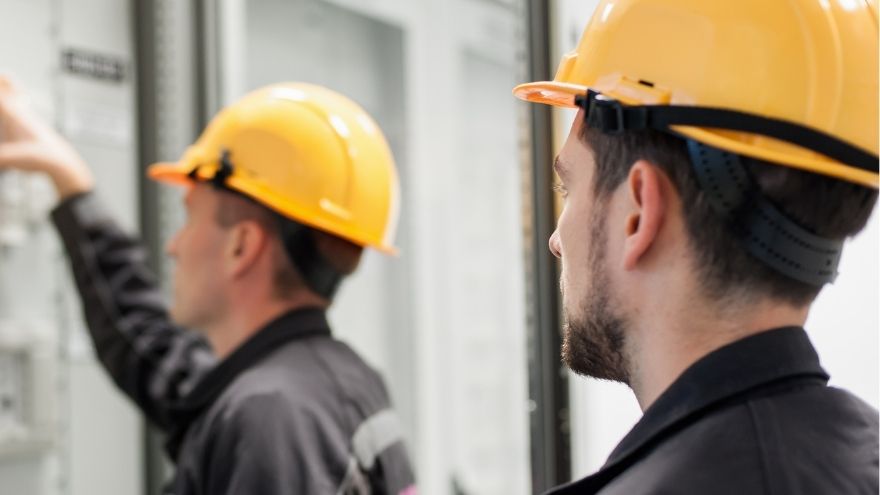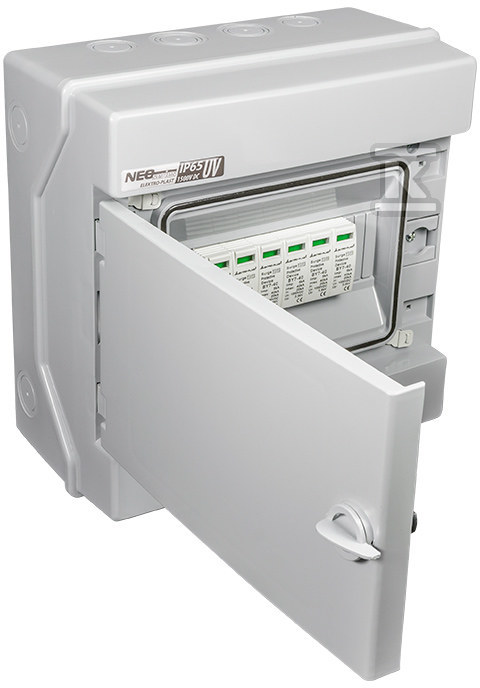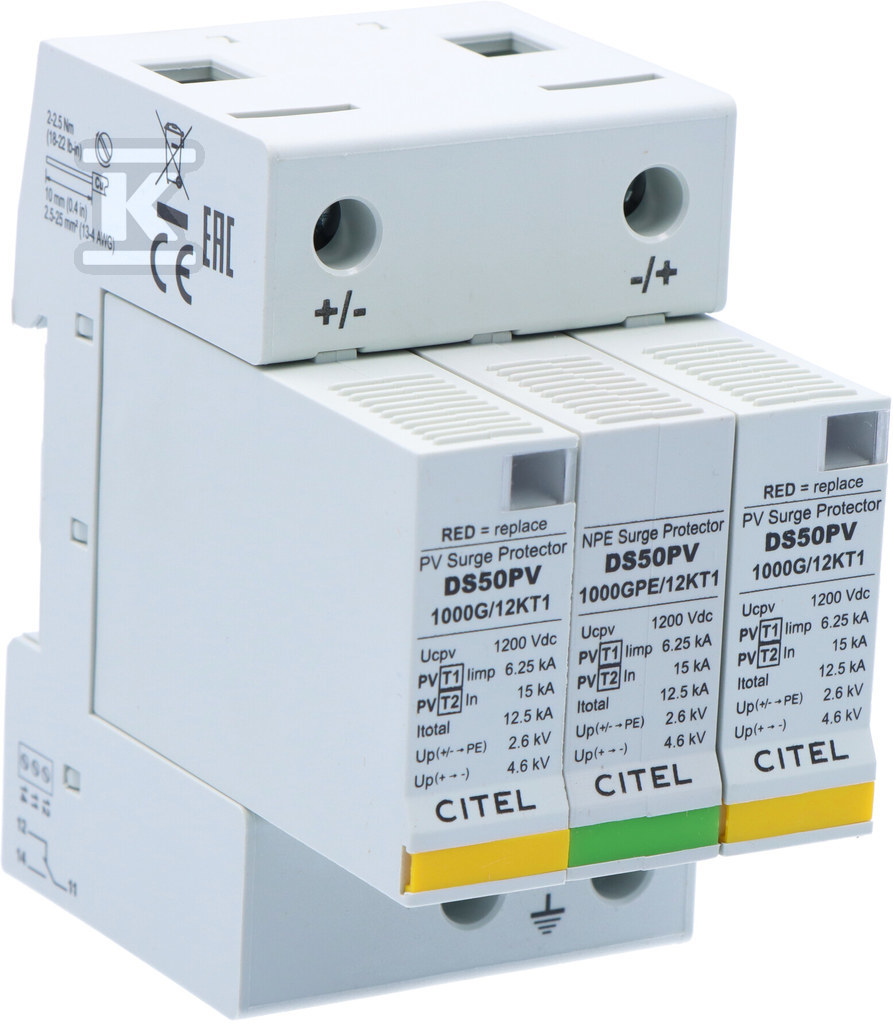Periodic inspection of the technical condition of a building is intended to identify any defects and ensure safe operation of the building. Inspection activities include, among others, inspection of the electrical installation. The inspections and measurements performed allow to verify the correct operation of the safety devices and assess whether the cables and wires are in good condition. The question is - is it necessary to perform periodic measurements of the electrical installation? We have checked what exactly Polish law says about the periodic inspection of the electrical installation.

Check cables and wires at the Onninen wholesaler
Inspection of electrical installations in the light of the law
According to Article 62 of the Act of 7 July 1994 - Building Law, construction works should be subject to periodic inspection by the owner or manager during their use, at least once every 5 years. Such inspection should include, among others, testing of the electrical and lightning protection installations. The following should be inspected:
- efficiency of connections, accessories, safeguards and protection against electric shocks,
- insulation resistance of wires, grounding of installations and devices,
- implementation of recommendations from the previous inspection.
 The purpose of the regulation is to minimize the risk of fire and electric shock during the use of a building.
The purpose of the regulation is to minimize the risk of fire and electric shock during the use of a building.
Mandatory inspections of electrical installations may only be performed by specialists with the qualifications necessary to perform supervision (so-called type D qualifications).
Detailed requirements for inspections are presented in the standard PN-HD 60364-6:2008 Low-voltage electrical installations - Part 6: Inspection. The aforementioned "inspection" consists of conducting visual inspections and tests, which are the basis for assessing the condition of the electrical installation. These include, among others, testing the continuity of wires, measuring insulation resistance or testing the operation of the differential circuit breaker and overcurrent circuit breakers. The inspection ends with the preparation of a report. Documentation of the inspections carried out must be kept for the entire period of operation of the installation.
How often should an electrical installation be inspected?
 There are two types of inspection of the condition of low-voltage electrical installations:
There are two types of inspection of the condition of low-voltage electrical installations:
- acceptance testing, which should take place after completion of construction, reconstruction or renovation of the installation;
- periodic inspection, which is performed during the use of the installation, at least every 5 years.
Of course, an inspection of the electrical installation should be ordered each time you notice any disturbing events, such as sparking, soot or a characteristic odor.
Who is exempt from the obligation to inspect the condition of electrical installations?
Although the provisions of the Building Law exempt certain entities, including owners and managers of single-family residential buildings, from the obligation to carry out annual inspections of the technical condition of building elements, structures and installations exposed to harmful atmospheric influences and destructive factors, they do not exempt from the obligation to perform the five-year inspection referred to in Article 62, paragraph 1, item 2 of the Building Law.
 The General Office of Building Supervision draws attention to this in the explanations of the provisions of the building law concerning the inspection of the technical condition of buildings. It is worth knowing that failure to comply with the obligation to inspect installations is punishable (fine, criminal liability) and may prove very expensive - especially if an accident occurs in which a person is injured.
The General Office of Building Supervision draws attention to this in the explanations of the provisions of the building law concerning the inspection of the technical condition of buildings. It is worth knowing that failure to comply with the obligation to inspect installations is punishable (fine, criminal liability) and may prove very expensive - especially if an accident occurs in which a person is injured.
The owner of a single-family building who has not had the electrical installation periodically inspected on time may have a major problem with effectively pursuing claims under home insurance, e.g. after a fire. The general insurance conditions attached to policies protecting single-family buildings usually include a clause on the obligation to conduct periodic inspections of the installation.
We encourage electrical installers and other professionals from the electrical engineering industry to familiarize themselves with the offer of our wholesaler. Electrical engineering is one of the key areas of our activity. This category includes modern electrical equipment adapted to the requirements of each type of installation.